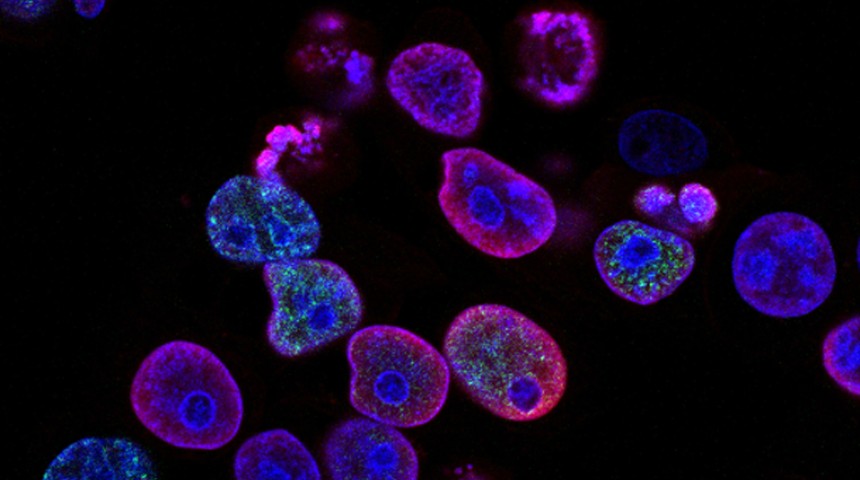News release
From:
An international research collaboration has identified a new gold standard for detecting cancer mutations using genomic pathology.
“Our research set out to understand why there has been a history of low reproducibility of genomic testing results between different labs when detecting cancers,” said Professor Sulev Kõks from the Centre of Molecular Medicine and Innovative Therapeutics at Murdoch University and Perron Institute.
“We found factors like sample and library preparation, differing sequencing technology and bioinformatic tools were affecting the reproducibility and performance of the genomic analytical techniques.”
The research team have now developed a set recommendations and guidelines on how to improve the reproducibility and precision of the tumour mutation detection in clinical practice.
“All stages of mutation detection are interdependent and this dependency is complex, “ Professor Kõks said.
“There is no ‘one way’ to detect cancerous tumour mutations. For example, the amount of DNA sequencing needed to detect a cancer mutation will vary based on the amount of tumour content.
“Every person is different and should be treated differently. And our research provides a new tool to improve precision medicine for cancer patients."
(ENDS)



 Australia; WA
Australia; WA


